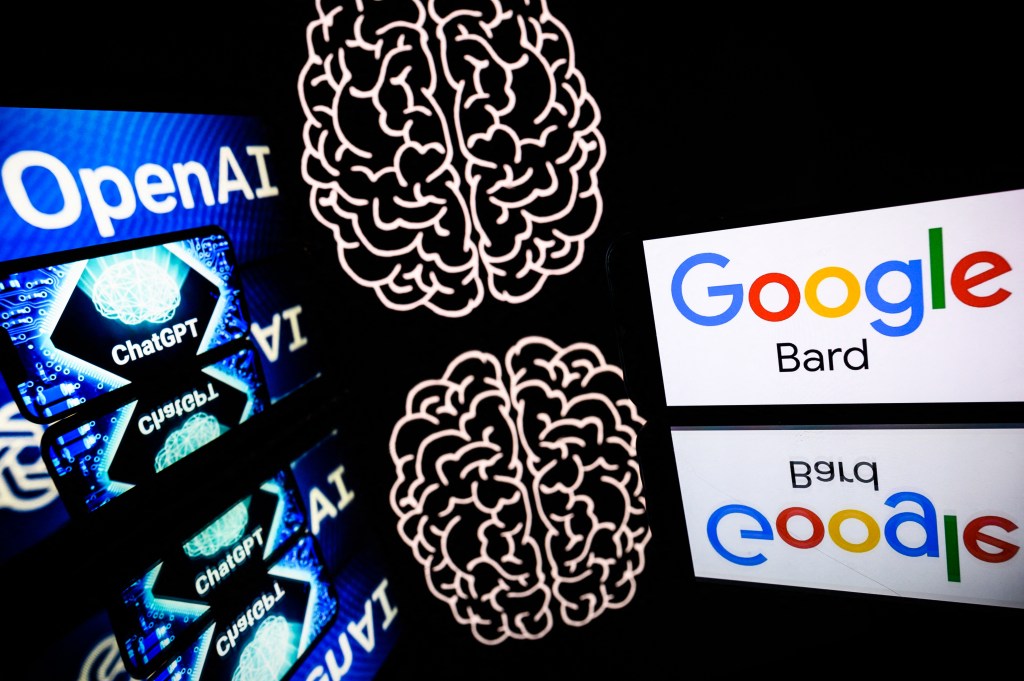“What is in a name?” Shakespeare famously asked in 1581 when he penned ‘Romeo and Juliet’? A lot, it seems and especially if like me, you have a pesky apostrophe in yours.

More than 60 years into the Information Age, one might think computers would at least be able to get our names right. In 2023 AI has shown itself to be super smart – it can write an essay, answer questions on your insurance and even drive a car – so why is it still getting confused by apostrophes? For me, as Daniel Le’au, my surname can inhibit my driver license renewal, make it difficult to book a flight online, even interfere with logging into my bank account.
This is a problem that will be familiar to every O’Neill, D’Angelo, and Sheppard-Shaw not to mention a Le’au such as myself.
The problem with tech
In software, certain characters are treated differently. Apostrophes and hyphens have special meaning that harks back to the early days of computing which are still in place today.
Many older systems don’t correctly support storing apostrophes, hyphens, or foreign characters, resulting in people’s names being recorded incorrectly. Even middle names can be challenging, with systems often capturing an entire name unstructured resulting in first, middle, and surnames being stored in a single field.
So, when trying to use a name to verify an identity, it doesn’t always work. The system won’t know how to break up a single name, let alone a name containing special characters such as apostrophes, meaning people like myself who have an apostrophe in the surname (not to mention two middle names) always struggle to be verified.
The problem peaked in 2021
To be frank, the name issue caused me little concern within Australia up until early 2021. Sure, I had some inconveniences when travelling, but this was easy enough to deal with when mostly in-person. It seemed that customer service people were generally well used to making allowances for situations where ‘the system’ didn’t quite work properly with ‘unusual’ names.
But in 2021 I first encountered the looming identity problem ahead. A credit check system I had been using for years suddenly integrated with the Australian government’s Document Verification Service (DVS), and now decided I needed to verify my identity digitally. To do this, I had to upload documents (driver’s license, Medicare, passport) that matched the exact name they recorded against me on their system. Of course, that failed, and so began my journey of understanding the changes to identity coming across Australia and how poorly identity is captured within systems that will soon become key to digital identity. Renewing my driver’s licence, taking out a mortgage and proving my vaccination status had all suddenly got a lot harder.
Along the way I discovered Service NSW had my first and middle name combined in my driver’s licence, my Medicare card was missing middle names and incorrectly spelt, and my passport did not match any of my other identity documents. Two years on and I am still finding and updating organisations with systems that have my name incorrectly recorded.
Bias in AI is real
There are limits to how older systems capture data, meaning there are also limits to how that data can subsequently be used. Using unstructured data, such as capturing a name in a single field and then trying to use it to verify the person, simply won’t work and is prone to errors and inaccuracies. These old systems were never built to perform the identity verification role they are now being asked to do.
There is also inherent bias in the way these older systems favour simpler names that don’t contain special characters such as apostrophes. Names such as John Smith and Jane Doe won’t have an issue, but names of Irish, Spanish, French, and German descent will due to special characters commonly used in those names. Middle names are also more frequent across certain backgrounds but would contribute less to bias than ethnicity.
Building an AI bridge isn’t rocket science – really
Fixing this identity issue does not actually require a huge technical transformation. The real hurdle is getting organisations where identity is captured poorly to prioritise this change. Financial services, energy, and telecommunication businesses all have decades-old systems that need modernisation in many ways beyond fixing the identity problem, so this issue of poorly captured names becomes lost in larger programs of more seemingly important work.
One easy solution for names is to place a bridge between the older system and the identity matching service (DVS in this case) that abstracts away the root problem without changing the core system. An AI could be built to ‘walk across’ identities in a core system, normalise the data into a structured identity and store it in a secure database. A bridge could then be built to manage checking the structured identity stored in the database – something that is maintained by the AI – against the identity matching service.
I know the AI part is more just regular pattern matching and simple enough, but if organisations could prioritise this then surely my name problem would be solved.
So, what’s in a name? In the digital world, a lot.
About Finity
Finity is Australia’s largest actuarial and strategic analytics firm working with large scale organisations and government through to tech start-ups across a range of insurance, climate, financial and healthcare industries. Finity is a proud recipient of the Insurance Industry’s Professional Services Firm of the Year award in both Australia and New Zealand. www.finity.com.au
About the author
Daniel Le’au is the Chief Technology at Finity. Daniel is a highly experienced technology leader, who has a proven history of helping organisations from start-ups and incubators through to multi-national corporates with their technology challenges. He has a vast range of knowledge spanning numerous industries and technology stacks, with a reputation for both innovation and guiding organisations on the strategic and pragmatic applications of technology.